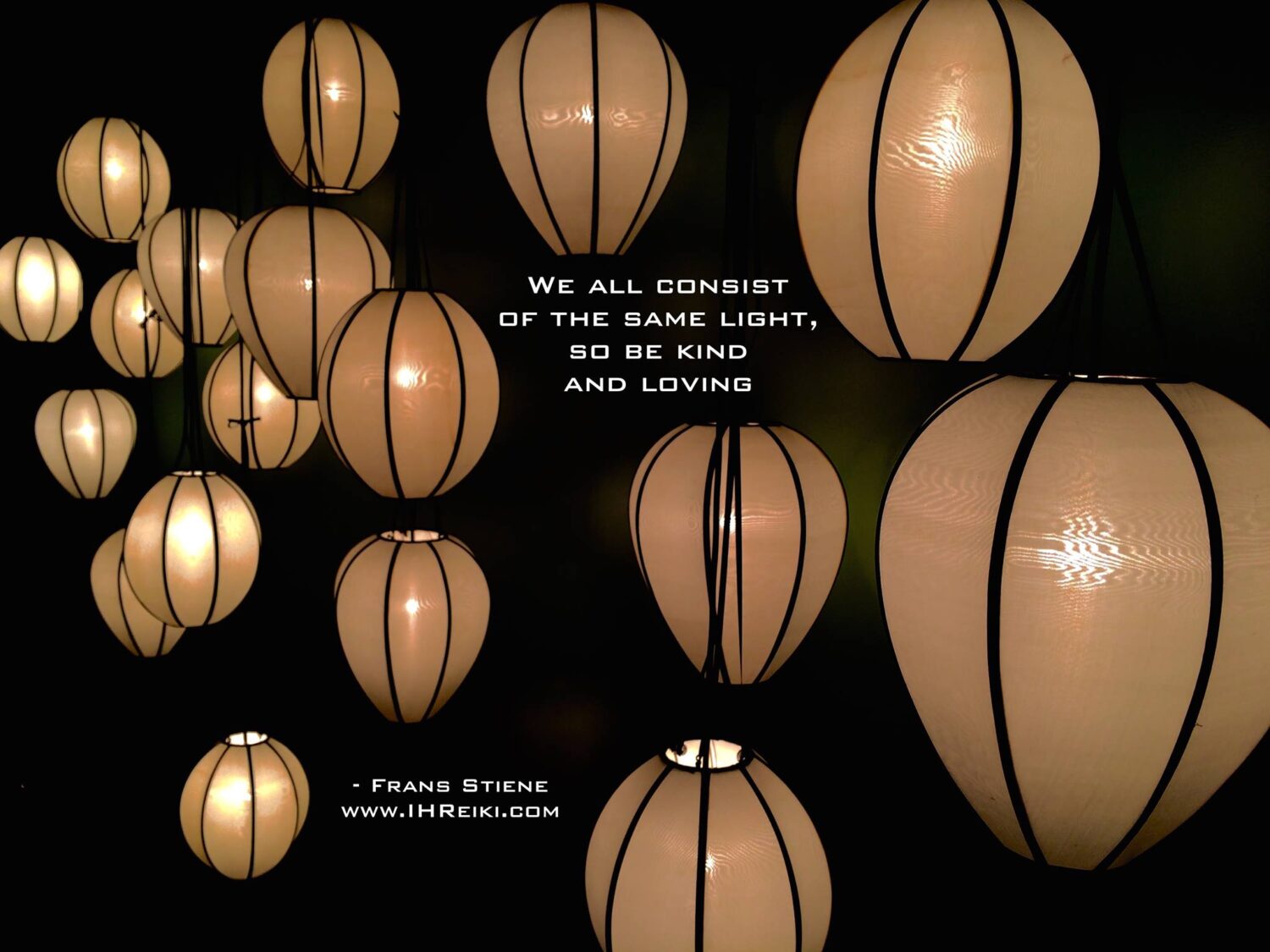
Clients often come to me with stress and anxiety, either generally, or in response to a particular situation. So, I often ask if they are seeing a counsellor or therapist. It’s part of my general philosophy about reiki, that a reiki treatment may be a tool that will help you in some way but that you will need a number of tools in your toolbox. One treatment is not going to magically solve a problem or issue. And furthermore, if the issue is primarily one of the mind or emotions, then I think the first place to start with is someone who specialises in these, just like if you are physically injured or sick, a medical doctor would be my first port of call.
I just came across this article in the Washington Post, ‘Not everyone needs therapy‘, by Emily Edlin, and it nudged me to think about how I word my question. As the article says:
‘People need therapy when their mental health symptoms are causing serious impairments in their daily functioning — in close relationships, work performance, sleep or social activities. For instance, if a person’s work stress overwhelms them to the point that they miss work and are subsequently at risk of losing their job.
They don’t need therapy when they are able to manage their symptoms well — if they feel stressed about their work but continue to perform well, have a supportive network of family and friends, engage in meaningful activities outside work and do not have significant levels of depression and anxiety.’
I think this is a good framework and that it is true that sometimes stress and anxiety don’t require therapy, but are a signal that you need to reflect and change the situation. And many of my clients already do some form of therapy, and are coming for a reiki treatment as an alternative way to support what they are already doing.
I’d also add that there are different kinds of therapy and counselling. A number of clients who have had prolonged terrible periods at work could benefit from, I believe, workplace counselling or coaching, as the problems really are specific to work. People who can’t get over a relationship break-up or are suffering from the loss of a loved one could benefit from counsellors that specialise in these areas – relationships, grief – to help them get through this time.
I can sense that sometimes clients just need to be able to talk about how they feel, and I think being able to pay someone, a professional, to listen to you and provide objective guidance, is a wonderful thing. Very occasionally, a client will want to tell me all about the problems they are facing and this tells me that a professional listener would be good for them, rather than telling their problems to friends or family … or a reiki practitioner.
Finally, a number of clients have said that they tried counselling but that it didn’t work. There are many types of counselling available, and it’s not a given that you’ll find the right therapist right away (just as I know that some clients will ‘click’ with other reiki practitioners better than with me). So, if it didn’t work once, it may mean that counselling is not for you, but it may also mean that it wasn’t the right counsellor or type of counselling.
In any case, the important thing is recognising that you want to feel better and that you are doing something about it. If this includes reiki, I’ll see you at your next treatment!
P.S. Some time after I wrote this blog post in March 2024, a client told me about what seems like a terrific service in Australia. It’s an Australian online-based program, so would be particularly useful for you if you’re comfortable with doing counselling online or can’t get to someone in person. Looking through their website, it looks like it has a lot to offer, no matter what your situation, and is inexpensive OR, with a doctor’s prescription, free. Check it out at www.thiswayup.org.au.
Discover the gifts and benefits of a session of Japanese reiki therapy, healing energy from an experienced practitioner. Visit my website or Facebook page for more information and SMS, email, call me or book online if you’d like to make an appointment. Since 2011, I’ve given nearly 3,500 reiki treatments.
Clients come to relieve stress, anxiety and for many other issues, or to just give reiki a try to see what it does for them. Folks come from all over Sydney and elsewhere to see me. While it’s easiest to get to me from the CBD, Darlinghurst, Paddington, Kings Cross, Redfern and Potts Point, I’m pretty easy to get to from anywhere in Sydney.


